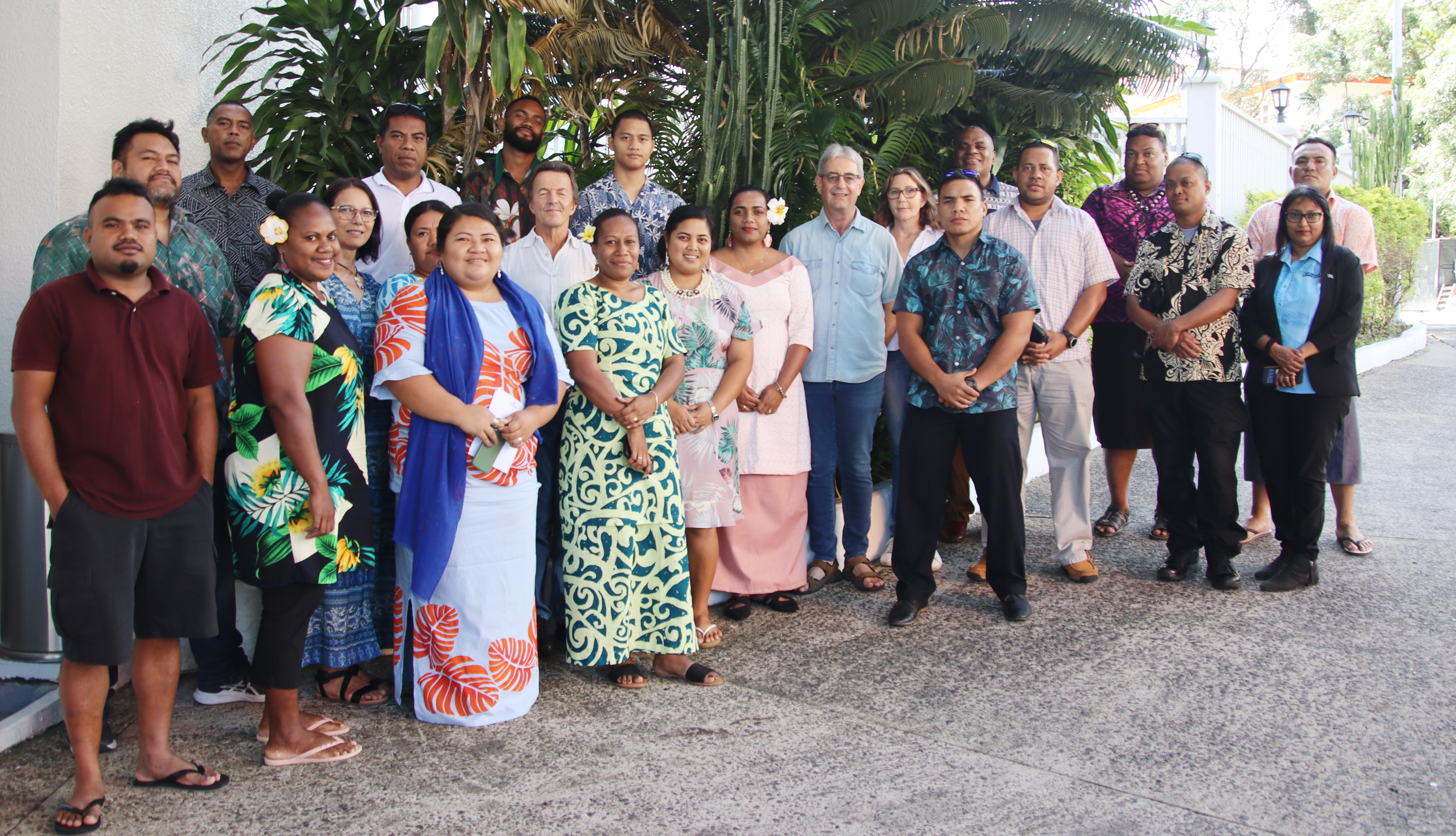
Pacific Forest Health, Biosecurity Officers Work Together in Addressing Biosecurity Challenges
Participants in a three-day Forest Biosecurity Regional Training Workshop in Suva are now better equipped with more in-depth knowledge of the health and biosecurity of forests.
The workshop, which took place at Tanoa Plaza from September 5 to 8, was the result of national consultations that revealed a pressing need for training and capacity building throughout the Pacific region, with forest health and biosecurity being one of the most urgent needs.
The workshop was organised by the Food and Agriculture Organization of the United Nations (FAO) and supported by the Ministry of Forestry.
Today, the participants received Certificates of Participation from Associate Professor in Forest Health, Simon Lawson, from the University of Sunshine Coast, Queensland, Australia.
Ministry of Forestry executive director operation services, George Vuki, described the workshop as educational because it provided participants with knowledge of forest health and biosecurity issues that affect the Pacific Nations as well as exposure to the International Standards for Phytosanitary Measures (ISPMs) that are pertinent to forest biosecurity.
Mr Vuki said during the course of the workshop they started developing priority forest pest lists for each country and across the Pacific, and the participants were trained in the recognition of symptoms and signs of tree pests and diseases.
"Our responsibility is to make sure that every seedling planted survives as part of our aim to plant 30 million trees over 15 years. When seedlings are planted, associated risks such as loss from fires, pests, diseases, and human-caused consequences must be considered.
The workshop provided participants with an introduction to high-risk site surveillance and forest health surveillance approaches as important early detection methodologies.
“We have gained a lot of knowledge from the conversations and experiences we had during the training,” Mr Vuki added.
The need for a regional workshop was highlighted by FAO Food and Nutrition Officer, Joseph Nyemah, as FAO's recognition of the significance of preventing, managing, and mitigating the risks posed to forests and the livelihoods they support by invasive pests and diseases.
According to Mr Nyemah, the workshop would benefit the regional representatives by enabling participants to collaborate in order to address biosecurity issues using a one health approach.
“Through these commitments, the FAO aims to strengthen the resilience of forests and enhance the capacity of countries to prevent, detect, and respond to forest biosecurity challenges, thereby safeguarding the vital ecosystem services and socio-economic benefits that forests provide,” Mr Nyemah said.
The workshop was attended by 30 participants from 14 Pacific Island nations, including the Cook Islands, Fiji, Federated States of Micronesia, Samoa, Solomon Islands, Tonga, Nauru, Marshall Islands, Tuvalu, Niue, Tokelau, and Kiribati.